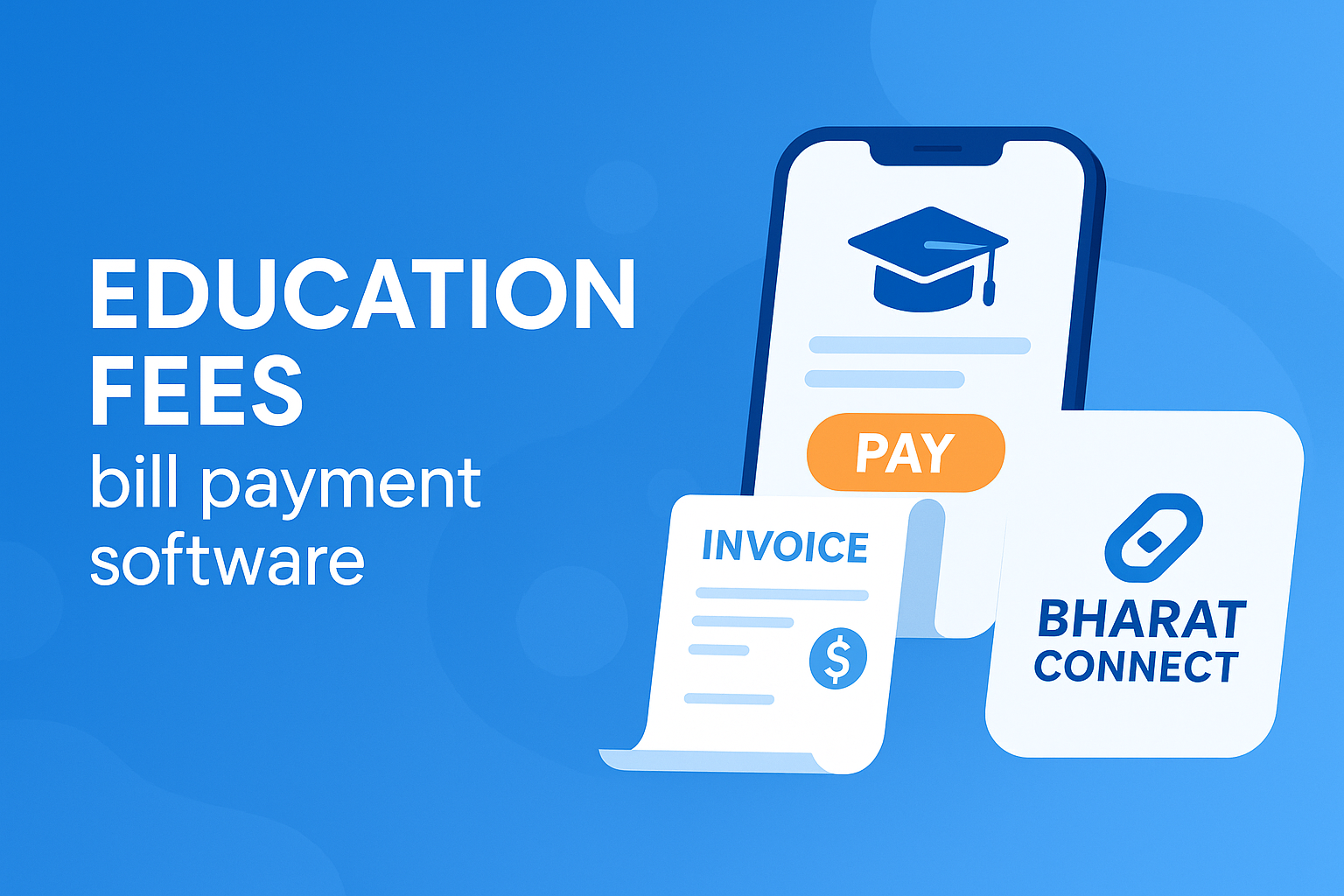
The concept of education fees encompasses a wide range of costs associated with pursuing an academic journey, whether at the primary, secondary, or higher education level. These fees can vary significantly based on the type of institution, geographic location, and specific program of study chosen by the student. Education fees are typically divided into several categories, including tuition fees, registration fees, laboratory fees, library fees, and additional costs such as textbooks and materials.
Tuition fees are often the most substantial component of education fees, representing the charge for enrolling in a course or program and gaining access to academic instruction and resources. In many countries, public institutions may offer lower tuition rates for residents, while international students might face higher fees. Conversely, private institutions generally have higher tuition rates due to a lack of governmental subsidies and funding. Factors influencing tuition fees may also include the prestige of the institution, the demand for particular programs, and available funding opportunities such as scholarships and grants.
Registration fees are typically charged at the beginning of each academic term and may cover administrative costs associated with enrolling and maintaining student records. Other fees, such as laboratory or activity fees, can be charged for the use of specific facilities or resources, allowing students to engage in practical learning experiences, participate in extracurricular activities, or access specialized equipment. Additionally, library fees may be applied to cover the cost of maintaining and updating library resources.
Beyond these standard fees, students often encounter other expenses related to their education. Textbooks and educational materials can represent a significant financial burden, with prices varying widely based on the subject matter and the formats selected (new, used, or digital). As a result, many students are now exploring alternative resources, including open educational resources (OERs) and online platforms, to minimize these costs.
Furthermore, students may need to consider additional costs such as housing, transportation, and meal plans, which can significantly impact the total financial investment in their education. As the costs of education continue to rise, it's vital for students and their families to plan strategically, seek financial aid options, and be aware of potential student loan obligations that may arise.
In conclusion, education fees represent a critical aspect of the educational experience, influencing access to quality learning opportunities. Understanding the various components of these fees is essential for students navigating their academic paths and making informed financial decisions that align with their personal and professional goals.
